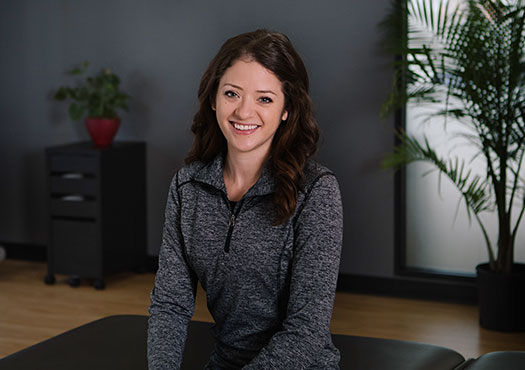Kids Just Wanna Have Fun
Children with congenital conditions don’t compare themselves to their neurotypical peers, they just want to play as a group. Children with orthopaedic concerns don’t see their seating or mobility devices as a hindrance, they see them as a means to access the school library, or sit at their desk to write a test. Children with acquired conditions don’t perceive any losses or that they’re missing out, they simply adapt themselves to keep working towards their goal of becoming a superhero, breaking a world record, competing in the Olympics, or being the best older brother or sister.
Their outward sense of wonder, positivity, resilience and strength inspired me to become a pediatric physiotherapist, and continues to motivate me every day. Being able to use my knowledge and skill-set as a physiotherapist to simply help “kids be kids” is the most rewarding career I could have asked for.
Pediatric Physiotherapist’s Unique Skill Set
It takes a combination of qualities to be a successful pediatric physiotherapist, but the quality of utmost importance is trust. Not only do the parents and caregivers have to trust my knowledge and skill, but the child has to trust me. Teaching gross motor skills to an infant or child requires physical handling and facilitation; if the child doesn’t trust me, their movements will counteract mine, and we will be disconnected. The best connections are first established with trust, and from there – the possibilities are endless.
Pediatric physiotherapists must be incredibly good multi-taskers and have excellent attention to detail. When completing an assessment for a child’s motor movement, for example, you will need to do so while watching a child chase after bubbles, draw you a picture, build a tower made of blocks, roll you a ball, and all the while you need to be singing “the wheels on the bus”, “twinkle, twinkle little star” or the theme song to their favourite show. This is definitely a strategy that is unique to this clinical population; and these strategies are not taught to you in school.
Pediatric physiotherapists need to be perceptive. They need to know the right time to be silly, animated, enthusiastic, calm, gentle, empathetic, confident, quiet or patient. They need to challenge the children while making them feel safe, and they need to interpret the child’s actions to determine the best course of treatment. Pediatric physiotherapists must create an environment that is as unique as each child, with the goal of maximizing their independence and function in their daily lives.
Take Cues from the Children
Every child’s goals and needs are uniquely different. Similarly, every child is motivated by something different. The most challenging part of my field is finding the source of motivation that will help the child and parent become fully engaged in a physio session, to achieve optimal results. For each child, this source of motivation can be different from month to month, session to session, and sometimes minute to minute! Being adaptable, flexible, creative, and responding to cues from the child while keeping my treatment goals consistent is one of the most challenging yet interesting parts of my job.
Propel Physiotherapy offers pediatric physiotherapy services at their Etobicoke location.
Photo by Andre Hunter on Unsplash.
Written by










